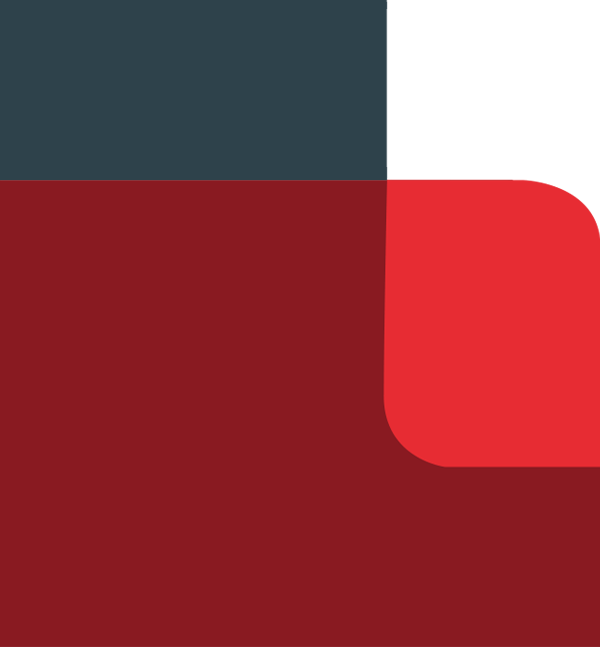The COVID-19 crisis offers Burkina Faso the opportunity to implement a more coherent approach to health financing. All eyes are currently on the healthcare system because of the COVID-19 crisis, and at the heart of the response to this COVID-19 crisis lies Burkina Faso’s best chance of overcoming the fragmentation of healthcare financing.
In recent years, Burkina Faso’s Ministry of Health has developed a series of ambitious health financing reforms. However, implementation has been difficult, and too often these reforms compete for funding and attention rather than complementing each other. Burkina Faso’s current response to COVID-19 offers the opportunity to combine the best of each of these reforms to build something stronger.
Burkina Faso’s already limited capacity to implement these reforms has been compromised by insecurity and multiple strikes by healthcare staff. Threats to transnational security have increased in recent years, leading to widespread disruption, with over half a million people internally displaced by the end of 2019. In response to this challenge, Prime Minister Paul Kaba Thieba and his government resigned in January 2019, resulting in a significant shift in government priorities towards managing the security situation. Multiple strikes by healthcare staff have further exacerbated the challenges facing this sector. These public health worker strikes disrupted the provision of many non-curative services in public health facilities from May to November 2019.
In the field of healthcare financing, a series of reform programs are in danger of being abandoned due to competing priorities. A subject of great interest is the way in which the government allocates the funds raised to the providers who deliver health services to the population, known as “purchasing” in the health financing circuit. The main purchasing reforms currently underway in Burkina Faso include :
– Gratuité – In 2016, the Ministry of Health abolished user fees for maternal and child health services thanks to the famous gratuité program, which replaces these fees with government payments. The program worked well until budget cuts at the end of 2018 caused payment deficits that continue to disrupt the management of health facilities and lead to increased debts to the central purchasing office for essential and generic medicines.
– Performance-Based Financing (PBF) – Starting in mid-2018, with support from the World Bank, the Ministry of Health worked to roll out a new version of a PBF system. In the latest iteration, the program will reward health facilities for meeting quality standards. However, it is difficult to measure quality systematically and objectively, and progress has been slow.
– National Health Insurance – A national health insurance agency, Caisse Nationale d’Assurance Maladie Universelle (CNAMU), was officially created in 2018. CNAMU’s mandate is to manage several purchasing schemes, including free health insurance, a plethora of small community or “mutual” health insurance schemes, and formal sector health insurance. The CNAMU is reinforcing its capacities and initiating a subsidy program for mutual adhesion by target populations, but the transfer of free health care remains to be done.
The government of Burkina Faso quickly recognized the need to plan the health sector’s response to COVID-19. An essential part of the response was to determine what funds would be needed in front-line health facilities, the methods for transferring funds, and how to enable health facilities to use and account for them. It was important to establish a rational mechanism to counterbalance the political interests that might favor certain local constituencies.
In the urgency of planning COVID-19, the Ministry of Health moved away from factional interests to identify and combine the strengths of different purchasing systems. A participatory process led to the agreement of criteria for evaluating the options for transferring funds to establishments. The advantages and disadvantages of the different schemes were examined objectively, putting aside the narrow interests of individual departments. There is consensus that the Health Development Support Program (HDSP) system used to transfer BPF funds is the most appropriate for transferring additional funds for COVID-19. The PADS system uses commercial bank accounts to transfer funds quickly and directly to healthcare facilities, which is particularly important.
Combining this cash transfer mechanism with robust systems drawn from other purchasing mechanisms has the potential to create a streamlined, integrated approach. For example, policy-makers are considering using the “e-gratuité” information system to support the monitoring and reconciliation of COVID-19 funds. Subcontracts from established non-governmental organizations for free data validation and quality control can also be put to good use.
Motivating front-line health workers is a key consideration, and one that will have to be addressed through the best mechanisms found among existing systems. Recent history in Burkina Faso and the lessons of the Ebola epidemic in neighboring countries highlight the importance of the commitment of healthcare workers. Health workers who already feel under-appreciated may be reluctant to put themselves at risk if the COVID-19 pandemic explodes in Burkina Faso. It’s necessary to give those we rely on the tools and resources they need to do their jobs safely, but that may not be a sufficient step. Additional motivation, especially financial, may be required. Gratuity is recognized as a fair way of deciding which funds go to which facility, based on performance, while FBP has introduced tools to allocate incentives to a facility’s workers. It is possible to combine the best systems from existing programs, and stakeholders should seize this opportunity.
The COVID-19 crisis has forced stakeholders in Burkina Faso’s healthcare sector to think outside their established silos. This facilitates the rapid development of integrated systems, in purchasing and elsewhere. The integrated systems and partnerships created can position Burkina Faso well for the development of health systems after COVID-19.
Authors: Matt Boxshall [1], Pierre-Marie Metangmo [2], Joel Kiendrébéogo [3]
[1] ThinkWell
[2] ThinkWell Burkina Faso
[3] Joseph Ki-Zerbo University, Ouagadougou, Burkina Faso

